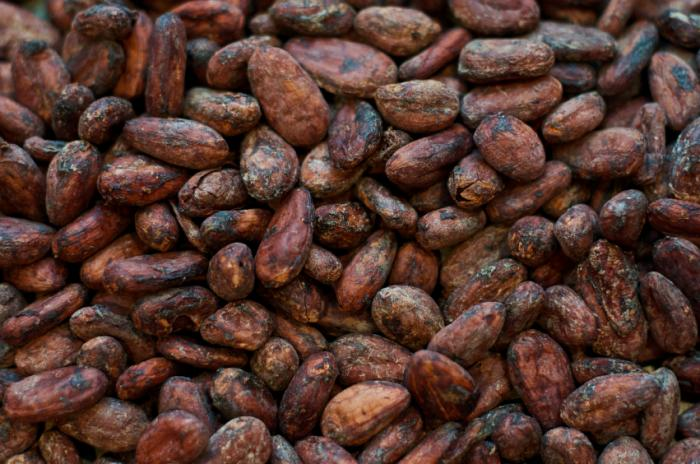Cocoa Extract prevent Alzheimer's?
More than 5 million Americans are living with Alzheimer's disease and by 2050, this number is expected to increase to 16 million. With figures like these, the race is on to find ways to prevent Alzheimer's. Now, a new study by researchers from the Icahn School of Medicine at Mount Sinai in New York, NY, finds that a cocoa extract could do just that.
The research team, led by Dr. Giulio Maria Pasinetti, a professor of neurology at the Icahn School of Medicine, found that a cocoa extract - called lavado - may reduce or block damage to nerve pathways found in patients with Alzheimer's disease. This means that symptoms of the condition - such as cognitive decline - could be prevented.
According to the investigators, lavado cocoa extract is a minimally processed cocoa that is high in polyphenols - antioxidants that are also found in fruits and vegetables. Past research has indicated that polyphenol-rich diets may reduce the risk of Alzheimer's.
With this in mind, the team wanted to see how lavado cocoa extract - alongside natural and Dutched cocoa extracts - affected disease progression.
Lavado 'reduces Aβ oligomers formation and reduces synaptic damage'
To reach their findings, recently published in the Journal of Alzheimer's Disease, the team genetically engineered mice to mimic the human form of Alzheimer's disease.
Each of the three cocoa extracts were tested on the mice, and the lavado cocoa extract was found to be the most effective against Alzheimer's. It reduced the formation of Aβ oligomers in the brains of the mice and reduced damage to synapses.
The team explains that Aβ oligomers are groups of molecules that clump together and disturb synaptic structures in the brain that are responsible for the function of memory circuits.
The Aβ oligomers activate inflammatory responses with the intention of destroying a foreign body, but they actually cause damage to the brain's own cells.
"Our data suggest that lavado cocoa extract prevents the abnormal formation of Aβ into clumped oligomeric structures, to prevent synaptic insult and eventually cognitive decline," says, Dr. Pasinetti, adding:
"Given that cognitive decline in Alzheimer's disease is thought to start decades before symptoms appear, we believe our results have broad implications for the prevention of Alzheimer's disease and dementia."
Dutched cocoa extract - which undergoes an alkalizing process known as "Dutching" to remove its acidity - did not have any beneficial effect against the formation of Aβ oligomers and synaptic damage, according to the researchers. This could be because the Dutching process reduces polyphenol levels.
"Our finding of protection against synaptic deficits by lavado cocoa extract, but not Dutched cocoa extract, strongly suggests that polyphenols are the active component that rescue synaptic transmission, since much of the polyphenol content is lost by the high alkalinity in the Dutching process," says Dr. Pasinetti.
Extract may hold potential for Alzheimer's treatment and prevention
Dr. Pasinetti says that the loss of synaptic function in the brains of Alzheimer's patients may be more likely to lead to memory loss than the loss of nerve cells, therefore reducing damage to the synapses could be a more reliable target for the development of drugs for Alzheimer's.
This study, according to the researchers, suggests that lavado cocoa extract could pave the way for such drugs, but further studies are needed to better determine how the extract works in the brain.
Furthermore, the team says it could be worth turning lavado cocoa extract into a dietary supplement, as it may provide a "safe, inexpensive and easily accessible" way to prevent Alzheimer's disease.
This is not the first time cocoa has been associated with brain health. Last year, Medical News Today reported on a study by researchers at Harvard Medical School in Boston, MA, which suggested that drinking two cups of hot chocolate a day may prevent memory decline in older adults.
And cocoa has been linked to other health benefits. A recent study published in The FASEB Journal found that dark chocolate may be good for the heart, while other research suggested chocolate may even prevent obesity and diabetes.
Our Knowledge Center article on the health benefits of chocolate reveals some of the other ways chocolate may be good for you.
Via:
Link
Subscribe to:
Post Comments (Atom)


No comments:
Post a Comment